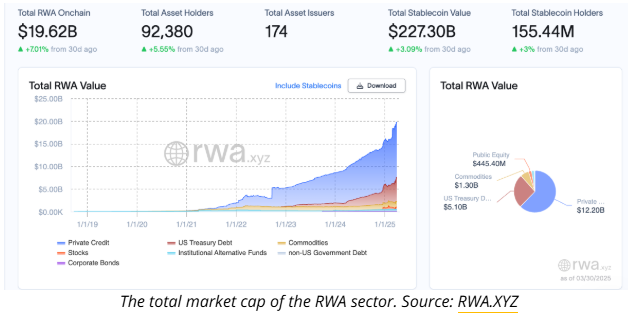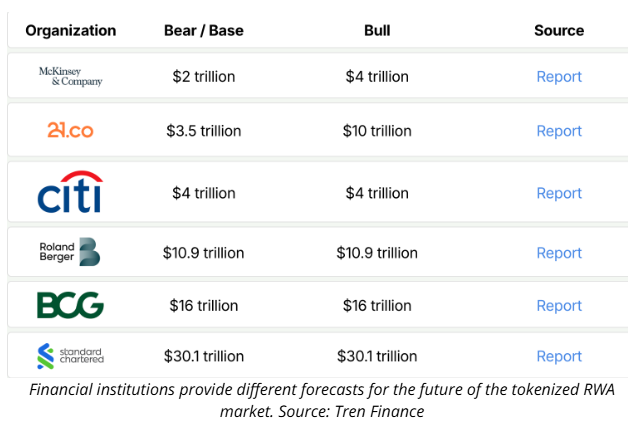Centralization and the dark side of asset tokenization — MEXC exec
Tracy Jin, the chief operating officer at the MEXC crypto exchange, warns that tokenizing real-world assets (RWAs) carries a substantial amount of centralized risks that can lead to censorship, liquidity issues, legal uncertainty, cybersecurity problems, and asset confiscation through state or third-party intermediaries.
In an interview with Cointelegraph, the executive said that as long as tokenized assets remain under the purview of state regulators and centralized intermediaries, then "tokenization will simply be a new version of old financial infrastructure and not a financial revolution." Jin added:
"Most tokenized assets will be issued on permissioned or semi-centralized blockchains. This gives authorities the power to issue restrictions or confiscate assets. The tokenization of assets such as real estate or bonds is still tied to the national legal system."
"If the property or company behind the token is local, in a country with an unstable legal environment or high political volatility, the risk of confiscation increases," the executive continued.
RWA tokenization is projected to become a multi-trillion sector in the next decade as the world's assets come onchain, which will increase the velocity of money and extend the reach of capital markets worldwide.

Estimates of the future RWA market differ dramatically
Tokenized real-world assets include stocks, bonds, real estate, intellectual property rights, energy, art, private credit, debt instruments, fiat currency, commodities, and collectibles.
According to RWA.XYZ , there are currently over $19.6 billion in tokenized real-world assets onchain, excluding the stablecoin sector, which surpassed a $200 billion market cap in December 2024.
A research report from Tren Finance polled large financial institutions including Citi, Standard Chartered, and McKinsey & Company; the report found that the participants predicted the RWA market to reach anywhere between $4 trillion to $30 trillion by 2030 .

McKinsey & Company predicted the RWA sector will encompass between $2 trillion to $4 trillion by 2030 — a relatively modest assessment compared to other forecasts.
Meanwhile, institutions like Standard Chartered and executives at the blockchain network Polygon say that the RWA market will reach $30 trillion in the next decade .
Disclaimer: The content of this article solely reflects the author's opinion and does not represent the platform in any capacity. This article is not intended to serve as a reference for making investment decisions.
You may also like
Bitcoin Could Benefit from Rising Inflation: Grayscale
Grayscale says Bitcoin, like gold in the 1970s, may thrive amid inflation due to its scarcity and market maturity.A Strengthening Market StructureU.S. Policy Shifts Could Be a Game-Changer

Vitalik Buterin Unveils Plan to Elevate Privacy on Ethereum
XRP Could Hit $12,50 by 2028, Standard Chartered Predicts
Vitalik Buterin Outlines Simplified Privacy Roadmap for Ethereum
Ethereum co-founder Vitalik Buterin has proposed a new strategy to enhance user privacy on the Ethereum network without significant changes to its core infrastructure.

